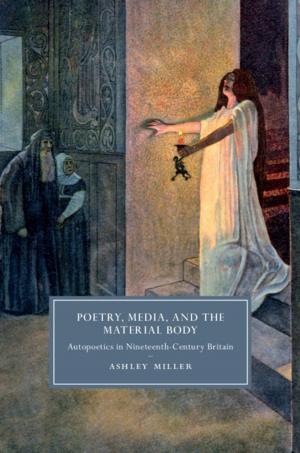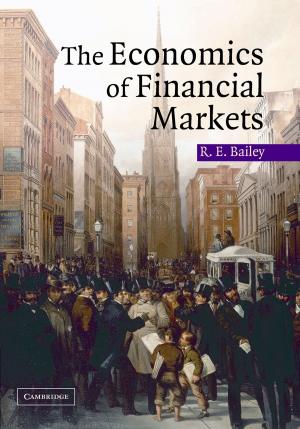British Political Culture and the Idea of ‘Public Opinion', 1867–1914
Nonfiction, History, British, Social & Cultural Studies, Political Science| Author: | James Thompson | ISBN: | 9781107272507 |
| Publisher: | Cambridge University Press | Publication: | August 29, 2013 |
| Imprint: | Cambridge University Press | Language: | English |
| Author: | James Thompson |
| ISBN: | 9781107272507 |
| Publisher: | Cambridge University Press |
| Publication: | August 29, 2013 |
| Imprint: | Cambridge University Press |
| Language: | English |
Newspapers, periodicals, pamphlets and books all reflect the ubiquity of 'public opinion' in political discourse in late nineteenth and early twentieth-century Britain. Through close attention to debates across the political spectrum, James Thompson charts the ways in which Britons sought to locate 'public opinion' in an era prior to polling. He shows that 'public opinion' was the principal term through which the link between the social and the political was interrogated, charted and contested and charts how the widespread conviction that the public was growing in power raised significant issues about the kind of polity emerging in Britain. He also examines how the early Labour party negotiated the language of 'public opinion' and sought to articulate Labour interests in relation to those of the public. In so doing he sheds important new light on the character of Britain's liberal political culture and on Labour's place in and relationship to that culture.
Newspapers, periodicals, pamphlets and books all reflect the ubiquity of 'public opinion' in political discourse in late nineteenth and early twentieth-century Britain. Through close attention to debates across the political spectrum, James Thompson charts the ways in which Britons sought to locate 'public opinion' in an era prior to polling. He shows that 'public opinion' was the principal term through which the link between the social and the political was interrogated, charted and contested and charts how the widespread conviction that the public was growing in power raised significant issues about the kind of polity emerging in Britain. He also examines how the early Labour party negotiated the language of 'public opinion' and sought to articulate Labour interests in relation to those of the public. In so doing he sheds important new light on the character of Britain's liberal political culture and on Labour's place in and relationship to that culture.















